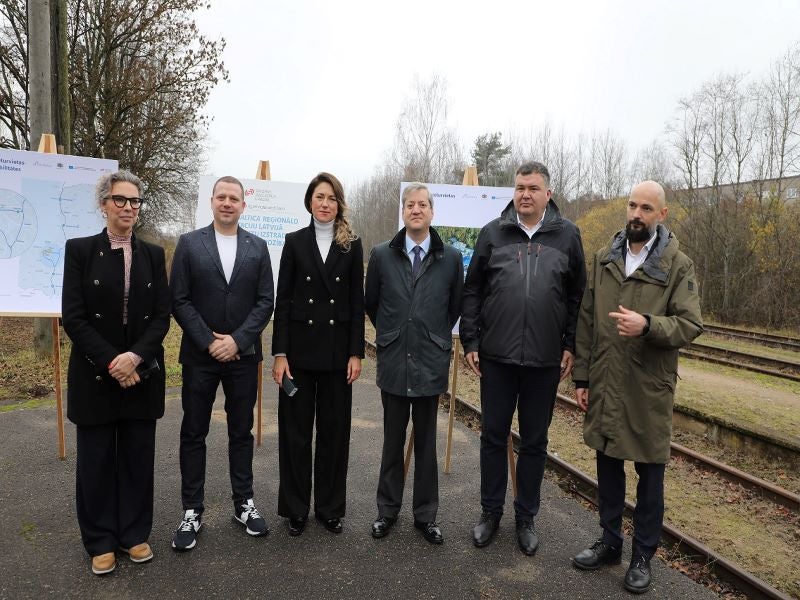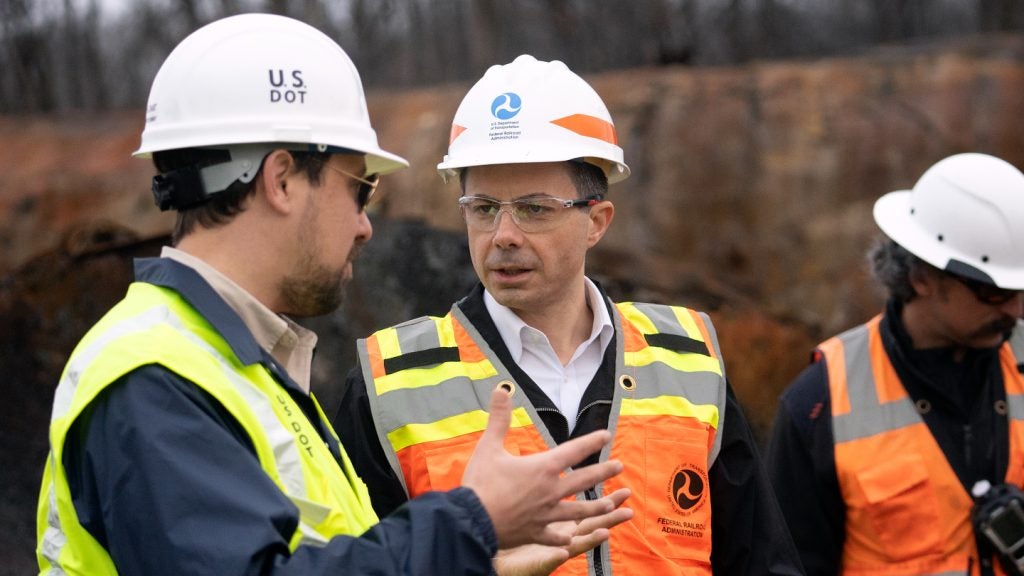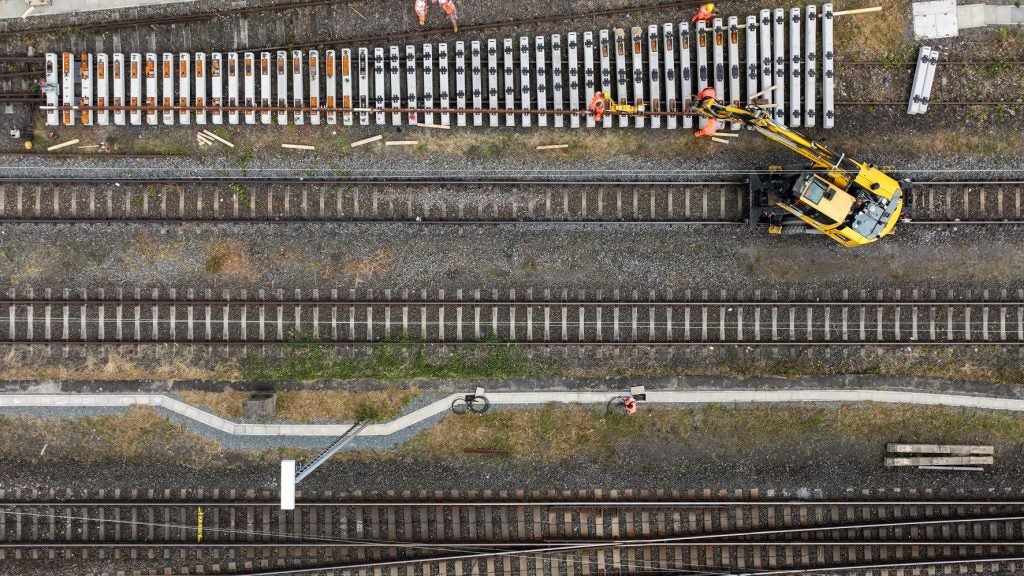
Rail Baltica’s Latvian national implementing body Eiropas Dzelzceļa līnijas has signed a construction design agreement with Rere Ineco, a Latvian-Spanish association of companies.
Said to be the largest Baltic-region infrastructure project, Rail Baltica will span 870km in length across Estonia, Latvia, and Lithuania.
Rail Baltica mainline in Latvia will include 16 regional mobility points, apart from the international passenger stations in Riga.
Both Riga Central Station and Rail Baltica station at the Riga International Airport are currently under construction.
With a speed of up to 200km/h, regional trains of the Rail Baltica line will stop both at international stations and regional stops.
Different modes of transport, including railway, state and municipal buses, private vehicles and electric vehicles, scooters, bicycles, and all other micro-mobility tools, will be brought together by regional mobility points.
How well do you really know your competitors?
Access the most comprehensive Company Profiles on the market, powered by GlobalData. Save hours of research. Gain competitive edge.

Thank you!
Your download email will arrive shortly
Not ready to buy yet? Download a free sample
We are confident about the unique quality of our Company Profiles. However, we want you to make the most beneficial decision for your business, so we offer a free sample that you can download by submitting the below form
By GlobalDataFurthermore, the mobility points will help develop a range of various services.
Latvia Transport Minister Tālis Linkaits said: “Rail Baltica will significantly change the regional mobility and expand the opportunity of choice of mobility, the speed and precision ensured by train traffic will enable diverting the passenger flow from private to public transport.
“To implement this, cooperation among all the parties involved and the local government plays crucial role for full use of the potential offered by the Rail Baltica stations in the future.”
Last month, RB Rail signed an additional cross-border grant agreement with the European Climate, Infrastructure and Environment Executive Agency (CINEA) for the Rail Baltica project.






